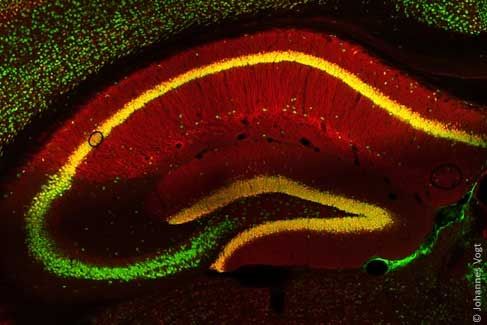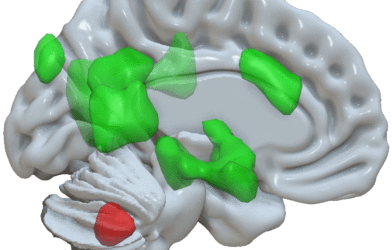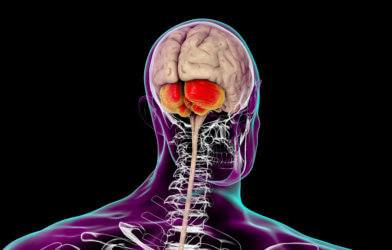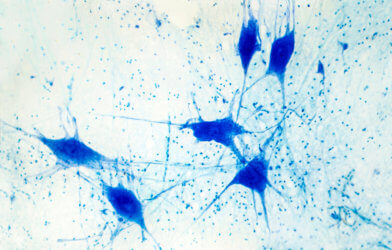Finding could lead to drugs capable of quieting brain signals behind cravings for food
Did scientists find a way to stop people from binge eating? A team of international researchers say they’ve identified a signal pathway in the brain that controls food intake and could potentially lead to obesity treatments.
Over 41% of Americans battle obesity, which significantly raises risk of heart attack, diabetes or strokes. If doctors could essentially “switch” off a patient’s cravings, individuals could potentially lose a significant amount of weight without the worries of putting those pounds back on. Yo-yo dieting is a common problem among people who struggle with weight loss.
According to scientists, a group of nerve cells in the hypothalamus regulate what’s known as endogenous lysophospholipids. These bioactive signaling lipids control the excitability of nerve cells in the cerebral cortex, which stimulates food intake.
The study reveals that the enzyme autotoxin, which is responsible for the production of lysophosphatidic acid (LPA) in the brain as a modulator of network activity, controls the signal pathway. Scientists say administering autotoxin inhibitors can reduce both excessive food intake after fasting and obesity in mouse models.
Researchers report an increased rate of obesity and Type 2 diabetes in people with impaired synaptic signaling.

Since using medication to treat eating behaviors have been ineffective, scientists believe a therapy that can alter the activity in the cerebral cortex which food cravings could be an effective route for stopping obesity.
The study shows an increase in the amount of lysophosphatidylcholine (LPC) in the blood following a period of fasting. This increases stimulating LPA in the brain.
The mice showed typical food-seeking behavior. Scientists say both could be normalized by administering autotoxin inhibitors. This proved effective for obese mice. They lost weight when these inhibitors were administered continuously.
“We saw a significant reduction in excessive food intake and obesity through gene mutation and pharmacological inhibition of ATX (autotoxin). Our fundamental findings on the LPA-controlled excitability of the brain, which we have worked on for years, therefore also play a central role for eating behavior,” says Johannes Vogt, faculty of medicine at the University of Cologne, in a statement.
Robert Nitsch, faculty of medicine at the University of Munster, explains that these findings are an important step towards new drug development.
“The data that people with a disturbed synaptic LPA signaling pathway are more likely to be overweight and suffer from Type 2 diabetes,” says Nitsch. “This is a strong indication of a possible therapeutic success of ATX inhibitors, which we are currently developing together with the Hans Knoll Institute in Jena for use in humans.”
Scientists are hoping that their findings could not only treat eating disorders, but also neurological and psychiatric illnesses in the future.
The study is published in the journal Nature Metabolism.












